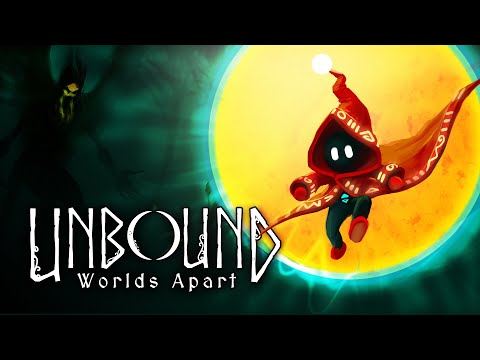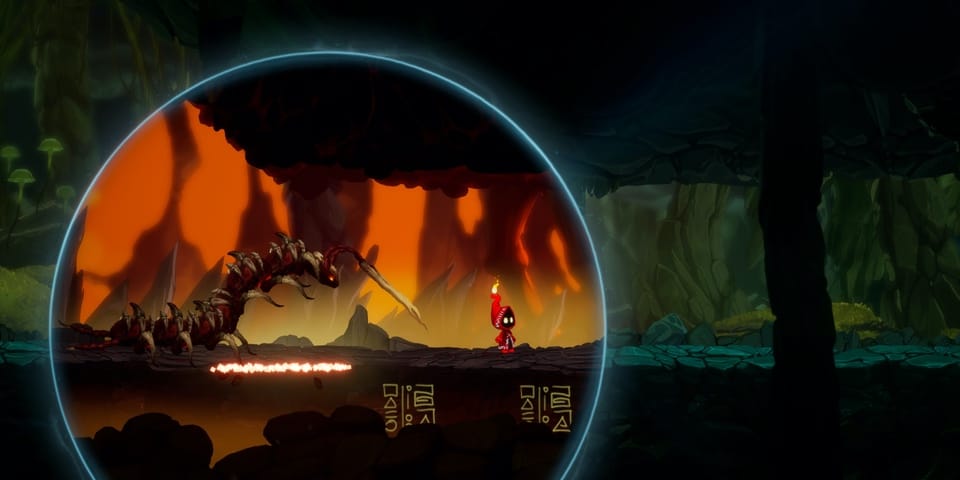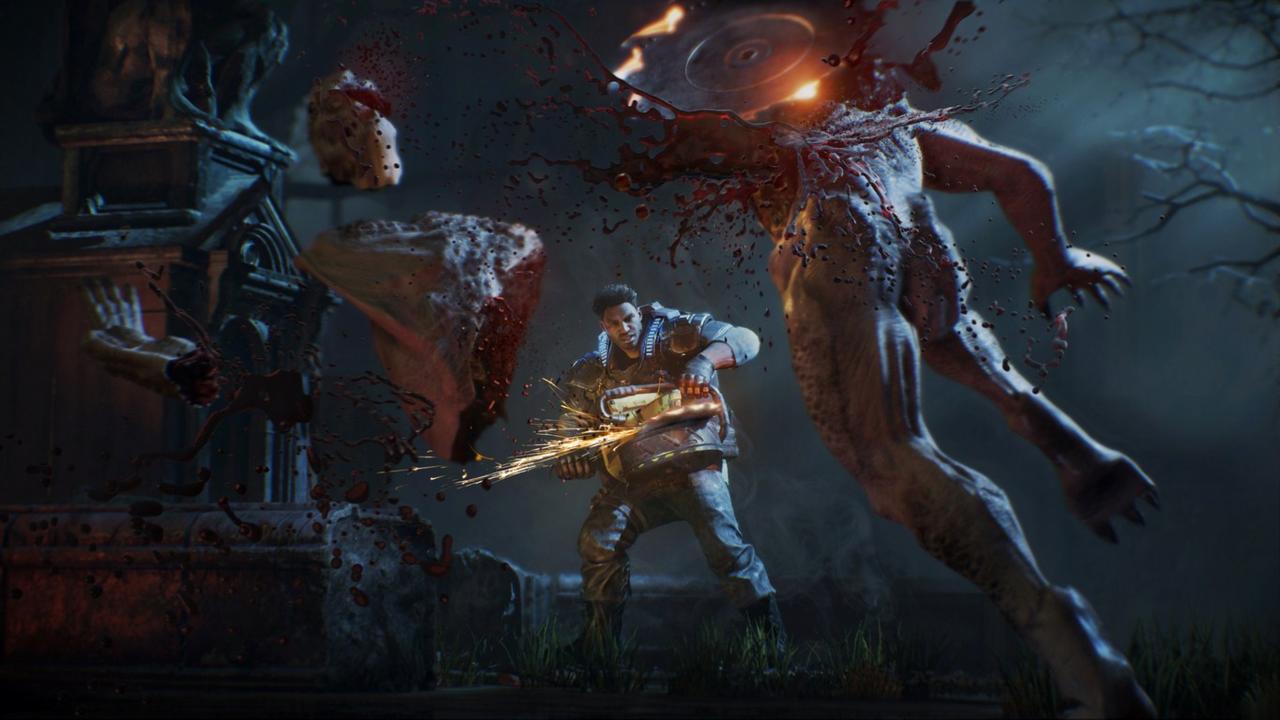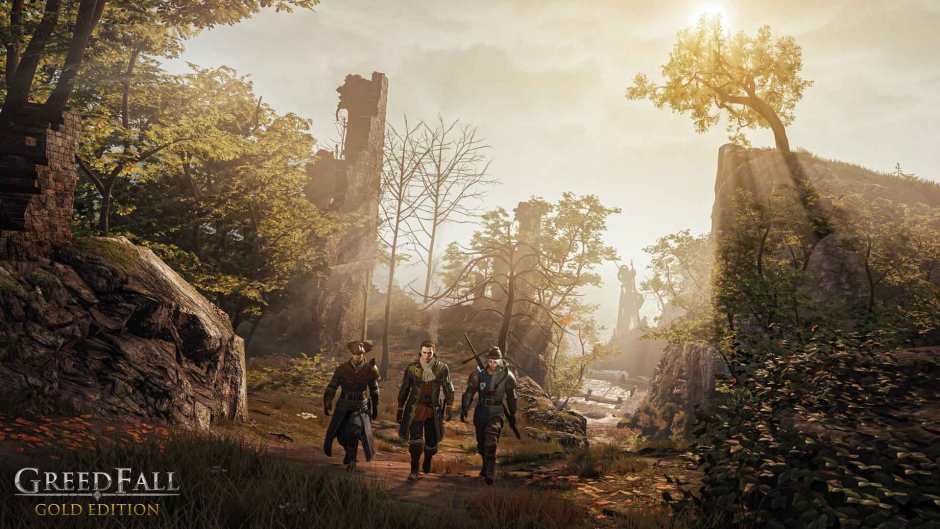
It’s almost a cliché now to begin a review of an exploration-based platformer with a lengthy history lesson on the origins of the ‘Metroidvania’, so I obviously won’t do that here, but it’s worth starting with the way that Unbound fits that hugely popular genre. As you work through the various puzzles and landscapes of Unbound’s three distinct locations you’ll unlock new skills that enable you to access previously unavailable areas. It doesn’t stick rigidly to the formula, though, as many of the more interesting skills are temporary and area specific rather than full upgrades. The emphasis on the whole is far more on the puzzle and platforming than RPG-style character growth and it is here that Unbound really shines.
The opening scenes of Unbound are reminiscent of a game like Ori and the Blind Forest. Your character, Soli, is seemingly orphaned as a result of a cataclysmic fire, and as the only escapee from your village you must set out to fulfil a destiny that you are not fully aware of. As backstories go this is very standard stuff, but it’s tried and tested because it works. Foregrounding Soli’s relative youth and weakness helps to set up the opening perils whilst also giving you the chance to test the limits of their powers. There is less backtracking than in most Metroidvanias, and handy fast travel points are littered around the areas, so the main focus is on moving forward. Later in the game there are opportunities to fill out gaps in the map, but these are largely for finding optional extras.
To begin with Soli can run and jump only. The first section gives you a chance to familiarise yourself with these basic controls before introducing more complex abilities. It’s not long before Soli finds a crystal that enables them to interact with mystical gates that impart a range of magical abilities. These include gravity manipulation, time dilation, super strength, and my personal favourite, shrinking – this ability works around levels that play a lot like classic Rayman chase sequences. These different abilities are skilfully set out across the world of Unbound in a way that enables some really enjoyable navigation with many sections requiring quick switching between them.
Skills being area specific makes Unbound stand out from the usual Metroidvania approach, but it is a double-edged choice. Obviously the main benefit is that the areas are designed with specific approaches in mind and this opens up the potential for some excellent puzzle platforming whilst also ensuring that each power gets an equal focus, but the end result can feel a little linear as there is generally only one solution to work towards. The lack of any real combat outside of a few boss battles also draws attention to the clear path that you are encouraged to take. There are opportunities to explore, but these are usually quite clearly signposted visually and lead to collectables.

That said, the design of Unbound’s environments is so well done that it is churlish to complain about this sense of linear progression. Unbound isn’t as strict a Metroidvania as it appears at first glance and this is far from a bad thing. Instead of revolving around backtracking the emphasis is very much on the puzzle platforming. It is here that the game really excels, with the powers allowing for some memorable moments. Whether you’re toggling gravity to glide your way through a series of snapping jaws or rapidly shrinking and growing to navigate corridors in a frantic escape, the feel of fragility in the face of peril is perfectly judged.
This fragility is exemplified through the boss fights. There are only a handful of these and they really aren’t the game’s main focus (another area where it differs from its apparent influences) but they feature some brilliantly challenging platforming. You have no combat abilities so must instead work out how to use your enemies’ attacks against them. There is some frustration to be had here as you die with one hit, but checkpointing is generous enough to prevent too much repetition – boss fights even have checkpoints between their various forms. You will die a lot playing Unbound; not through it being a brutal game, but more due to using those deaths to work out the right path to take.


